Today’s guest post was written by Cody Damon.
Last week I was indoctrinated into the #smNPchat on Twitter. It was a great group of folks looking to get more information about the Google Grants program – Google’s in-kind advertising program for 501(c)3 nonprofits.
 We chatted about some of the strategy behind effectively managing a Google Grant, but two really important questions were raised to me after by the moderator, Pamela Grow: (1) Do you think that implementing a Google Grants is doable for the smaller org? (2) Or is it something that should be outsourced?
We chatted about some of the strategy behind effectively managing a Google Grant, but two really important questions were raised to me after by the moderator, Pamela Grow: (1) Do you think that implementing a Google Grants is doable for the smaller org? (2) Or is it something that should be outsourced?
Any size organization can and should take advantage of the Google Grants program. It is $10,000 a month in free advertising on Google! That’s the simple answer. The more complex answer starts with your organization’s desire to have an effective digital strategy. The Google Grants program is not a strategy, but it is a very important piece of an effective online strategy.
A few of questions to ask yourself before thinking about applying and using Google Grants.
- Does your organization have a stakeholder internally that is responsible for content creation on your website?
- Importance:
Content creation shouldn’t be the job of an external resource (like an
agency or freelancer). No one knows your mission better. It is also
important to have an internal stakeholder that is charged with
CONSTANTLY creating content. Think of a website as a living, breathing
entity that is never complete, but is always hungry for fresh, relevant
content about your organization and mission. Being able to have fresh
content means your ads on the Google Grants platform stay timely and
relevant.
- Importance:
- Is our website optimized for SEO? And do we have an ongoing plan?
- Importance:
Search Engine Optimzation is essential to effectively using Adwords.
Part of the ranking system Google uses in Adwords is onsite elements.
Not having your website optimized for the keywords you are bidding on
will mean that Google won’t show your ads, because it doesn’t think your
ads are relevant for those keywords. More than Adwords is your sites
ranking in organic search results.
- Importance:
- Are you able to quickly change items on your website?
- Importance:
Comes back to keeping content fresh and relevant. If it takes weeks to
create content and even more time to run it through your organizational
bureaucracy you are not going to be effective in digital marketing –
nevermind the Google Grants program.
- Importance:
- Do you have compelling calls to action and effective landing pages to convert traffic?
- Importance:
If you are nailing everything above and your Google Grant is setup and
optimized properly you might be sending 10,000 – 12,000 folks a month to
your site. But what good is traffic if they are not doing anything when
they get to your site. Your calls to action should be strong and
relevant to this audience. There should also be specific content just
for Google Grant traffic – sending them to your homepage is not going to
be effective. Sending them to a landing page with a specific call to
action will allow you to get an email address, a donation, or some other
conversion more easily.
- Importance:
- Are you measuring traffic in Google Analytics?
- Importance:
Digital marketing is all about the data. We have the ability, if
properly setup, to measure so much through free tools like Google
Analytics. Which page is causing users to leave your site? How long are
they staying on key pages? Why are they getting to the donate page and
exiting? These are the types of questions that can be answered and will
need to be answered if you are going to be sending so much traffic to
your site through a Google Grant.
- Importance:
- What is your email strategy?
- Importance:
Email strategy is one of those important pieces that by itself is not a
strategy, but working in concert with the rest of the conversion funnel
is extremely important. Perhaps, you are sending Google Grant traffic
to a landing page that is an offer for a valuable piece of content you
have on your site. You are willing to give it to a user, if they give
you their email address. Ok, great! But being able to effectively
generate donation support from your email file is critical. There needs
to be proper segmentation and messaging, etc.
- Importance:
- Do you have a simplified donation platform?
- Importance:
You need to make it easy for visitors to quickly understand why they
should give and breakdown any technical thresholds that exist. Keep
people on your site. Keep the form simple. Provide receipts. If you are
not doing this now, than you need to think about a solution that easy to
maintain and easy for the user. Google offers free checkout to every
nonprofit that is apart of the Google for Nonprofit program.
- Importance:
This was the long-winded way of answering the question. The Google Grant program is amazing and I would recommend it to every nonprofit that is eligible. It solves a very important problem for organizations and that is getting prospects into the pipeline. It does not, however, solve everything. There needs to be other pieces like SEO, landing pages, email strategies, etc in place to be able to take advantage of this new swell of traffic. These pieces are not exclusively for the Google Grants though, if all of them are taken seriously they will help your organization become better marketers, better fundraisers, and ultimately better at fulfilling your mission.
 About the author: Cody is the Director of Digital Strategy for Common Sense NMS, where he works with some of the leading progressive causes in the world. He manages over $2-million a year in Google Grants, including three Google Grants Pro accounts. Cody’s ideas have spawned actionable change for partners such as (RED), NRDC, and Human Rights First. He holds a Masters in Global Communication from the American University of Paris. Cody has been intimately involved in the use of new media as a tool for democracy and advocacy. In 2009, he was was named a finalist in the AAFT International Festival of Cellphone Cinema in New Delhi. Cody also serves as a board-fellow for ArtCorps, a non-profit organization that uses the arts to advance social change initiatives in developing countries.
About the author: Cody is the Director of Digital Strategy for Common Sense NMS, where he works with some of the leading progressive causes in the world. He manages over $2-million a year in Google Grants, including three Google Grants Pro accounts. Cody’s ideas have spawned actionable change for partners such as (RED), NRDC, and Human Rights First. He holds a Masters in Global Communication from the American University of Paris. Cody has been intimately involved in the use of new media as a tool for democracy and advocacy. In 2009, he was was named a finalist in the AAFT International Festival of Cellphone Cinema in New Delhi. Cody also serves as a board-fellow for ArtCorps, a non-profit organization that uses the arts to advance social change initiatives in developing countries.
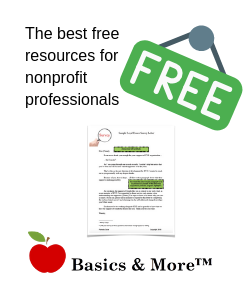
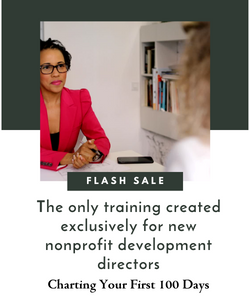
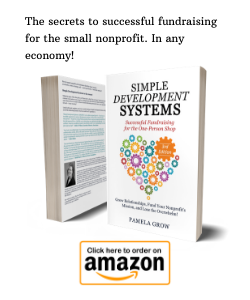
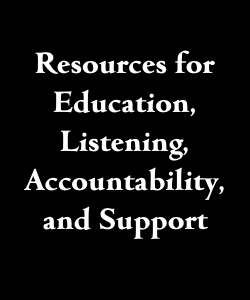
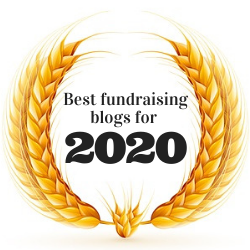


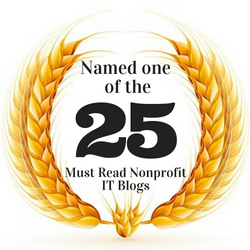

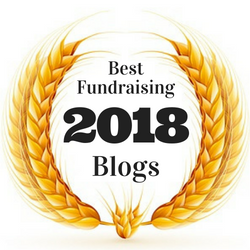

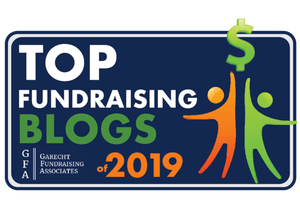
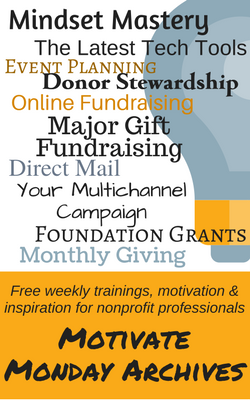

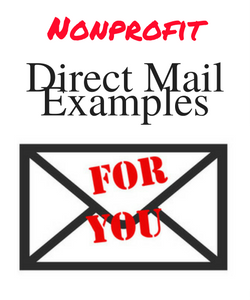
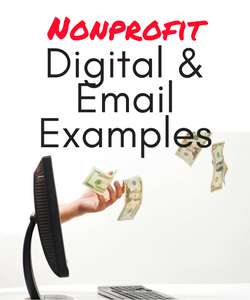

 I can’t wait to meet with you personally.
I can’t wait to meet with you personally.
Comments on this entry are closed.